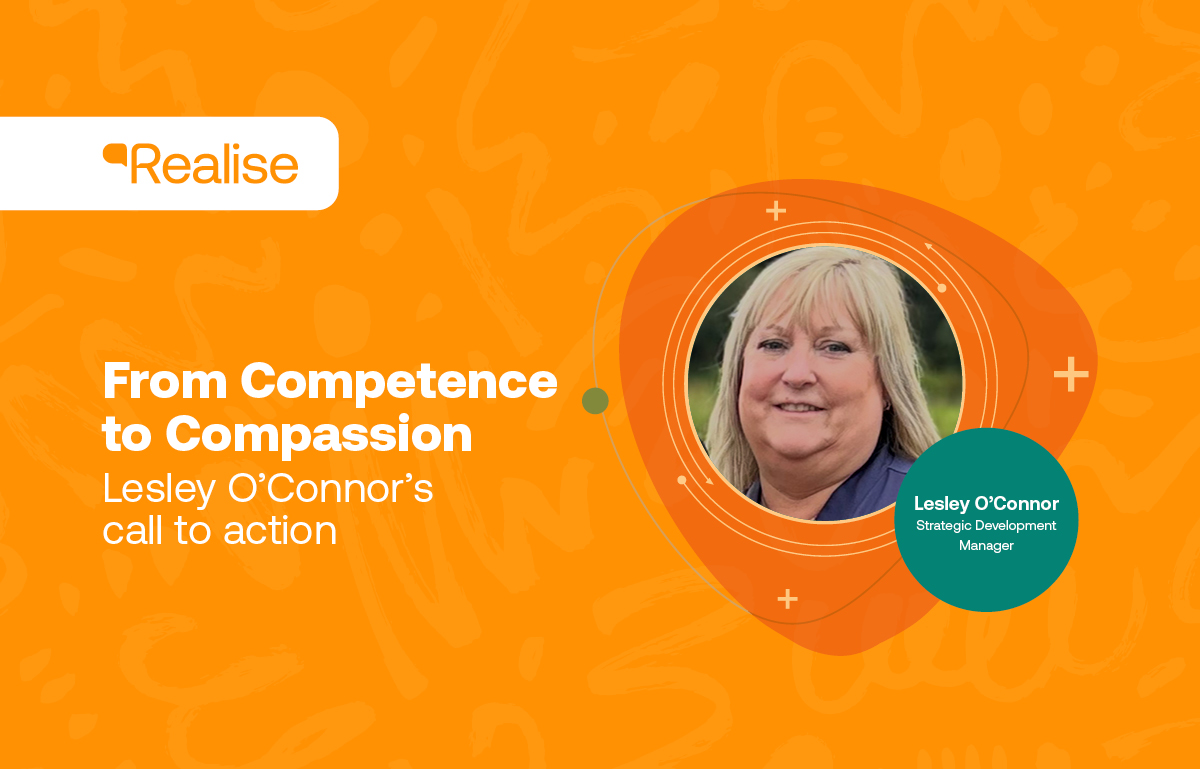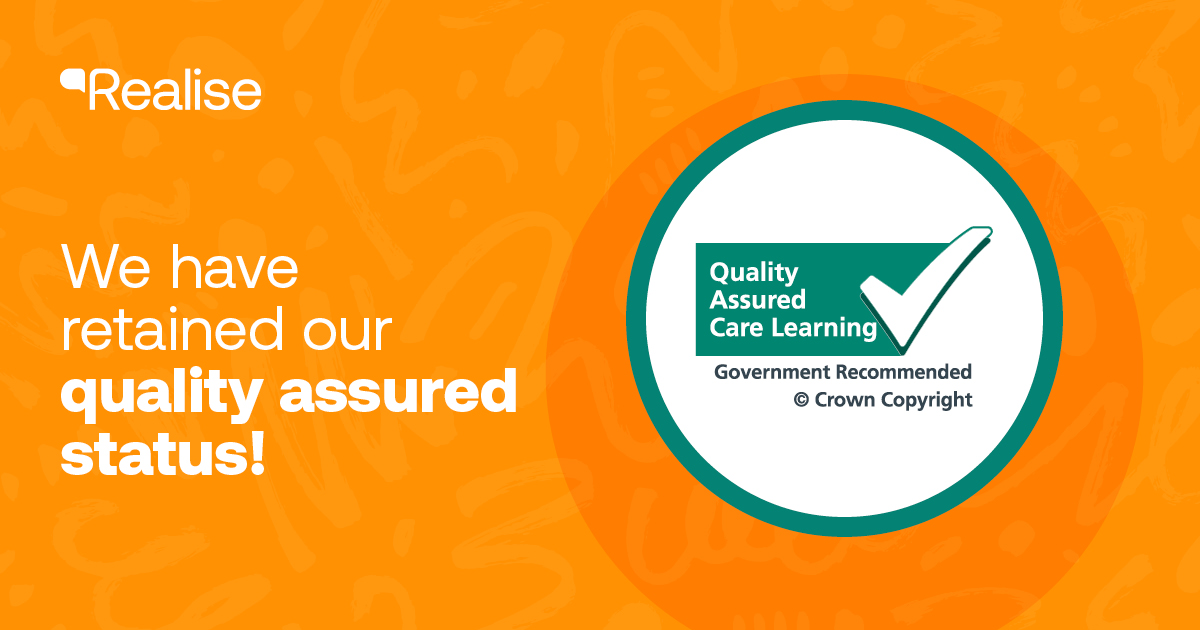

From Competence to Compassion – Lesley O’Connor’s Call To Action
From Competence to Compassion – Lesley O’Connor’s Call To Action
-
 Kate Hutchinson
Kate Hutchinson -
 8 October, 2025
8 October, 2025

Last month, senior leaders from across the care sector gathered in Newport for the latest Caring Times Owners Club event, sharing success stories, tackling workforce challenges, and debating how to deliver high-quality care in an increasingly complex landscape.
The one-day forum held on the 18th September 2025 combined one-to-one meetings, networking opportunities, and a series of thought-provoking speaker sessions, offering a unique platform for operators to exchange ideas and shape the future of adult social care.
Keep reading to find out what the speakers had to say.
Train to retain.
Our very own Strategic Development Manager, Lesley O’Connor gave a rousing speech to the room - exploring how adult care training programmes need to evolve beyond technical competence to foster empathy, emotional intelligence, and patient-centered communication.
The theme of training and workforce development was brought vividly to life by Lesley, whose keynote speech - From Competence to Compassion: How Training Shapes Quality Care - urged the sector to evolve beyond technical compliance.
“Adult care is at a crossroads,” she began.
“You are navigating workforce shortages, rising complexity in care needs, and growing regulatory scrutiny - all while trying to build a culture that retains and motivates staff and delivers high-quality outcomes for the people you support.
“Competence is the baseline - understanding legislation, safeguarding, infection control, and manual handling. These are non-negotiables. But competence alone isn’t enough. Care is not just a checklist of tasks. It’s relational. It’s emotional. It’s human.”
O’Connor described compassion as the “missing piece” that transforms safe care into quality care. “It’s the difference between supporting someone to wash and dress, and helping them feel dignified while doing so. Outstanding providers are those who embed compassion into everyday practice—and CQC recognises this in its ‘Caring’ and ‘Well-led’ domains.”
She outlined how Realise integrates emotional intelligence and reflective learning into every level of training, from Level 2 Adult Care Worker to Level 5 Leader in Adult Care. Practical exercises include role-play scenarios where learners respond to distressed service users, case studies that build empathy and judgement, and leadership workshops on modelling compassion.
“These activities help staff understand and manage their own emotions while recognising the feelings of those they support,” O’Connor explained. “When carers feel emotionally supported and well-trained in compassionate communication, research shows it improves service user outcomes, reduces safeguarding risks, and boosts staff morale and retention.”
Her message to employers was clear. Investing in training that develops both competence and compassion isn’t a cost - it’s a long-term gain.
“Competence keeps people safe. Compassion helps them feel seen. Together, they create care that changes lives.”
Regulation under the spotlight
Prior to Lesley’s speech, Bhavna Keane-Rao of BKR Care Consultancy reflected on more than 40 years in the sector as she announced her plans to retire. Drawing on her frontline experience and her time as a Care Quality Commission (CQC) inspector, she expressed deep concern over the regulator’s current performance.
“When the Health and Social Care Act 2008 came into force it meant that, for the first time, care homes would be regulated,” she explained.
“The problem now is that we do not have enough experienced inspectors who understand care. Too often inspections have become a tick-box exercise, with ratings delivered without real insight into the day-to-day realities of care homes. That’s a dangerous place to be. We need the regulator to shape up.”
Growth, planning, and investment
The need for new development was highlighted by Keith Crockett of Lovett Care, who outlined the company’s rapid growth from two homes in 2018 to a 27-strong group today. While demand for care is rising, Crockett warned that slow planning approvals and fee mechanisms are delaying new projects.
“Planning issues are getting worse,” he said, stressing that faster approvals are critical to address the national shortfall in care beds.
Building careers, not just jobs
Christine Keyse of Priory Group spoke of her journey to chief executive and emphasised the importance of making social care a valued career rather than “just a job”. Christine credited inspirational leadership and structured training as key to developing future leaders and retaining talent – reinforcing Lesley O’Connor’s calls to action.
Innovation and engagement
The day also featured insights from Kelly Howell and Phil Haynes of Aria Care, who shared how empowering home managers to run their services like small businesses has driven rapid growth, and Johann van Zyl of Fortava Healthcare, who unveiled his new activity-led dementia model aimed at slowing cognitive decline through purposeful engagement.
As delegates departed, Lesley O’Connor’s message from the day was unmistakable: the future of adult social care depends not only on stronger regulation and fresh investment, but on a valued workforce trained to care with both competence and compassion.
Develop your staff to care compassionately today.
Looking for a career working in adult care?
If you’ve been inspired by the story and you’re ready to gain new skills, start your journey today with Realise.
Discover our courses











